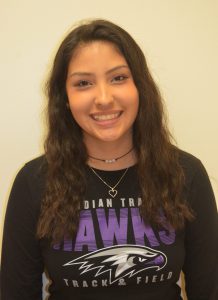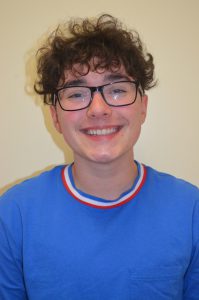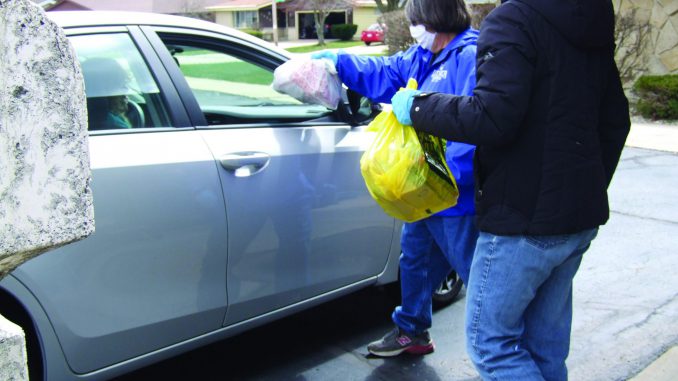
By Stephany Mandujano & Yessica Banda/Staff Writers
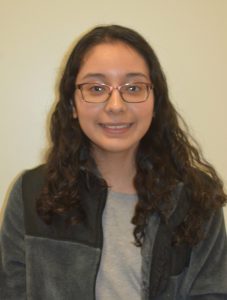
Life for Kenosha teens changed March 16.
By that date, 72 people had tested positive for coronavirus in Wisconsin, including four cases in Kenosha County, according to Wisconsin Department of Health Services records.
Due to the growing number of confirmed cases of statewide and in adjacent states, Wisconsin Governor Tony Evers closed all public schools.
By May 18, 12,687 people had tested positive in Wisconsin and 459 had died. About 848 of those cases were in Kenosha County, where 18 deaths were reported.
Many Indian Trail teens have reacted to the school closure as a necessary move.
“I think that out of all the possible solutions available, closing all K-12
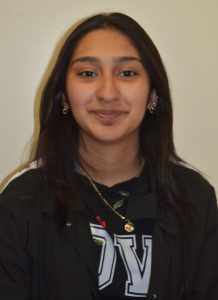
schools is probably one of the best options. Statistics have been showing that areas that implement these measures are much better off than areas that don’t,” Ian Metzger, a senior, said in mid March.
“I think it’s great that schools in Wisconsin are closed due to the virus, especially considering the domino effect of how it can get passed,” said Olivia Davis, sophomore.
Following these cancelations, many events at Indian Trail were also postponed, from music performances to athletics, affecting many students throughout the school.
“My piano recital was canceled, my solo ensemble event, my choir concert at Carthage, my FCCLA competition and my trip to Spain is either being rescheduled if they can figure out a time or we lose $3,500. My mom is also going so we paid $7,000 but the travel insurance doesn’t cover a pandemic disease or a virus, there’s no insurance company that will ever cover this,” said Taylor Wimberly, a general studies senior.
The students also stated how they are worried about teachers not getting paid during this epidemic. Furthermore, they are concerned about classes moving online and their peers.
“I feel that it is going to be a little more difficult trying to learn new materials from our teachers because of them not physically being there to answer questions students may have,” said Nathan Klimisch, senior.
“Students who depend on school as their main, or only source of food may be out of meals during this time. I’m not sure if there has been, or will be a system put in place to address these issues, but my heart goes out to the students, parents, and people most affected by this situation,” said Joseph White, a Med-Sci senior.
The U.S. Centers For Disease Control and Prevention (CDC), the United States health agency that works to protect the U.S. from any national or international health threats stated: “Older adults and people who have severe underlying chronic medical conditions like heart or lung disease or diabetes seem to be at higher risk for developing, more serious complications from COVID-19 illness.”
“All we can really do now is stay calm and try to stay safe. I’m praying for our nation and world during this time of uncertainty.”
— Joseph White, Med-Sci Academy senior
Due to the impact that coronavirus has on people with severe respiratory and health issues and the older generations, health officials urge everyone to do their part to stop the spread of the virus since it is contagious especially when people arxe in close contact — about 6 feet apart and through respiratory droplets from the coughs or sneezes of people infected that land on the mouths or noses or are inhaled by others nearby.

Photo by Yessica Banda
The symptoms include fever, cough, and shortness of breath, and they will show themselves 2-14 days after being exposed.
The best way to prevent it is to avoid exposure, wash hands for 20 seconds, don’t touch the mouth, nose, and eyes, cover any coughs or sneezes, clean commonly touched surfaces regularly and most importantly stay home if you’re feeling sick.
Although the negative effects of COVID-19 are still being felt throughout Wisconsin and the rest of the world, students at Indian Trail are trying to keep a positive mind and help out the community.
“All we can really do now is stay calm and try to stay safe. I’m praying for our nation and world during this time of uncertainty,” said White.
The Pulse staff reporters Wyatt Garlow, Ariel Lopez, and Kaden West contributed to this news report.

